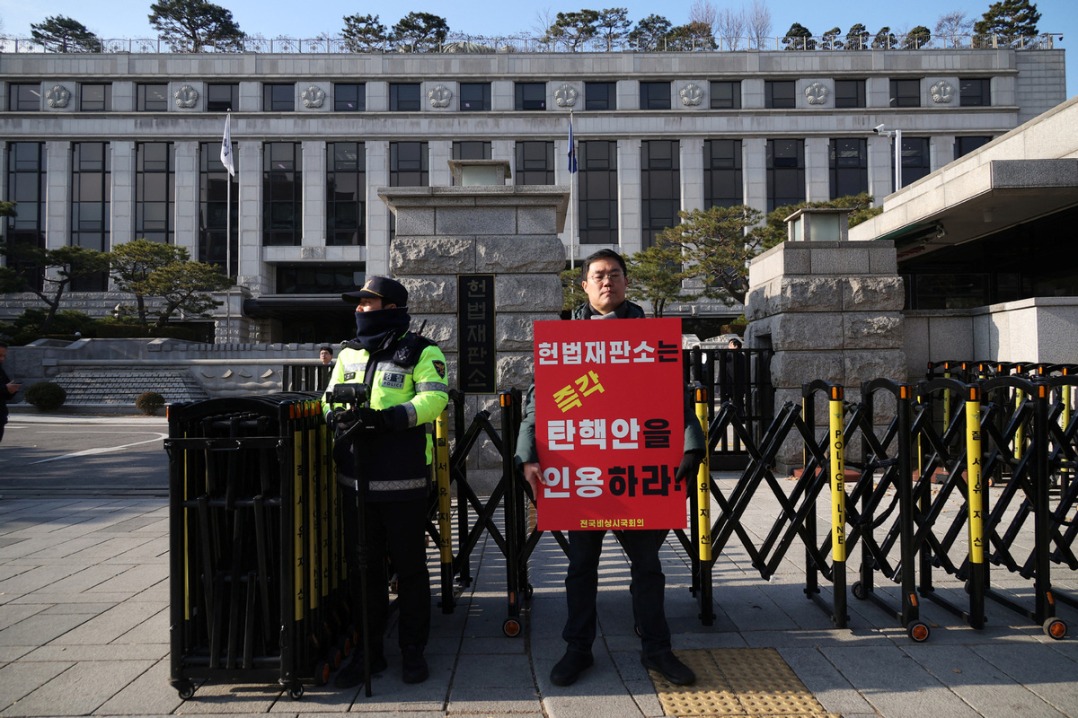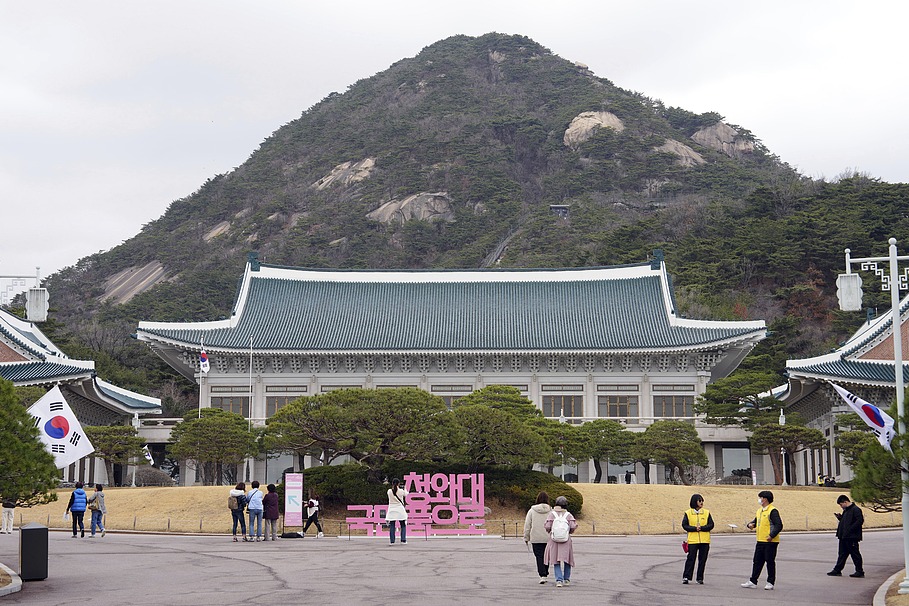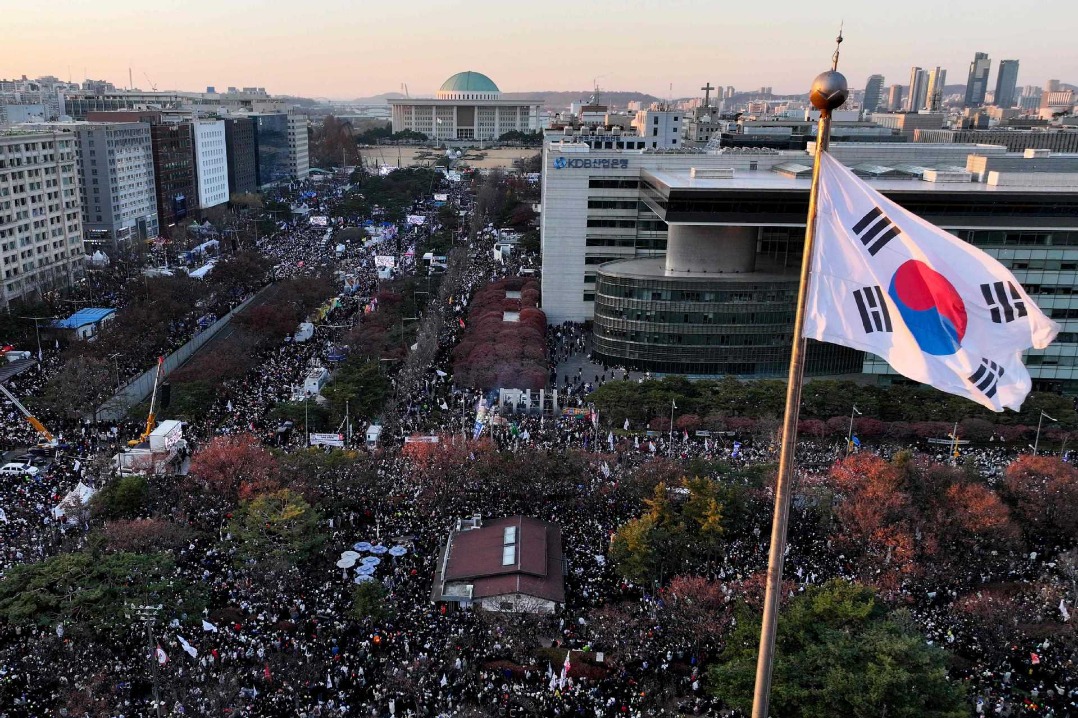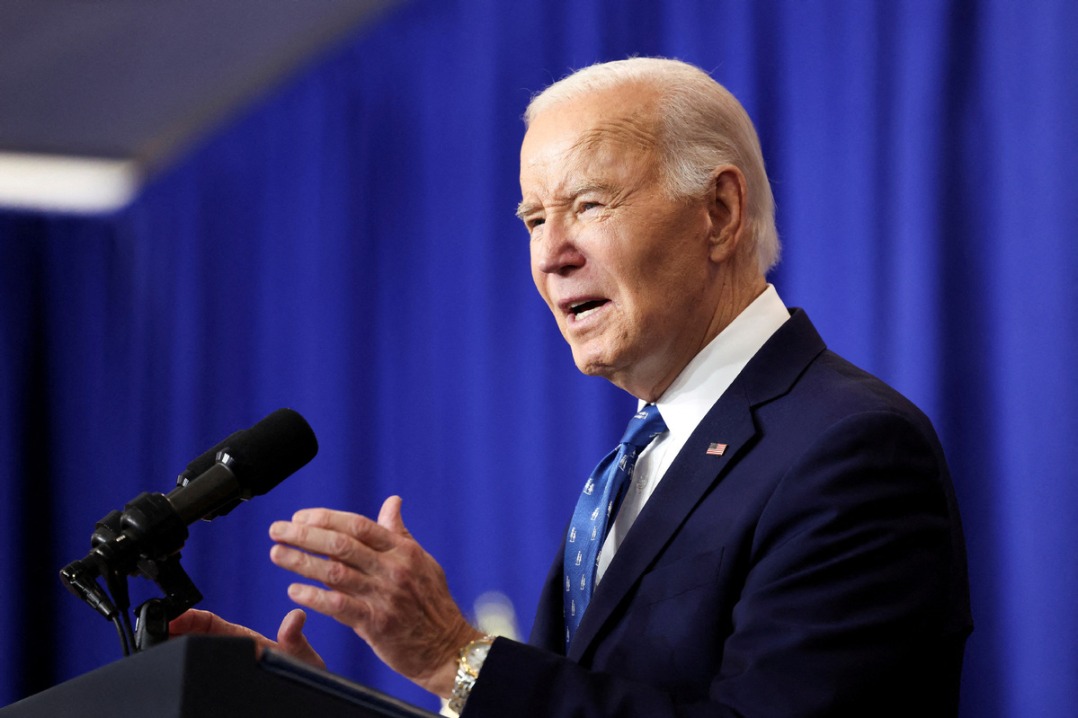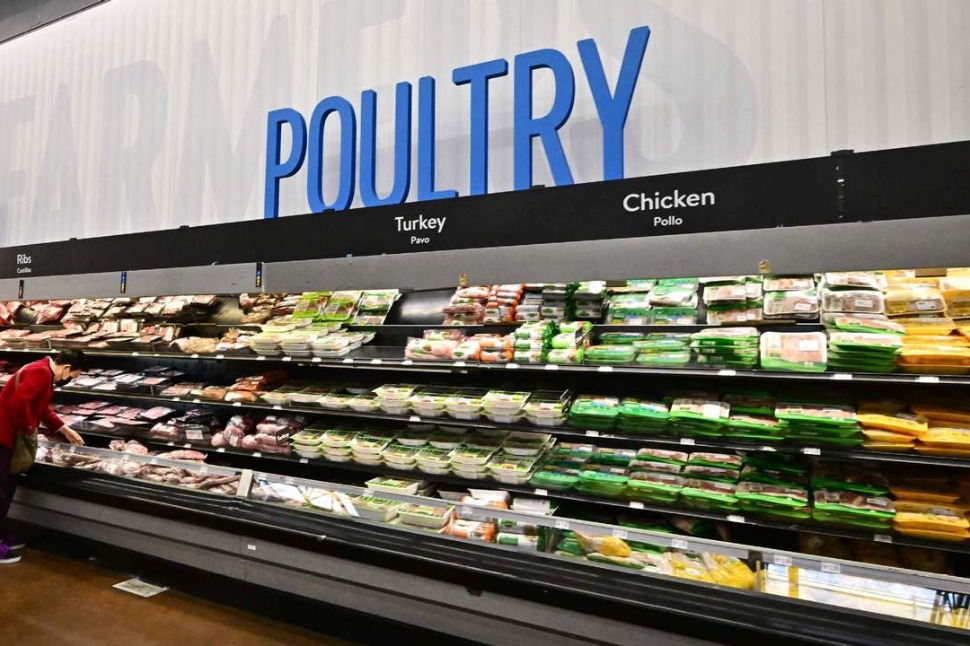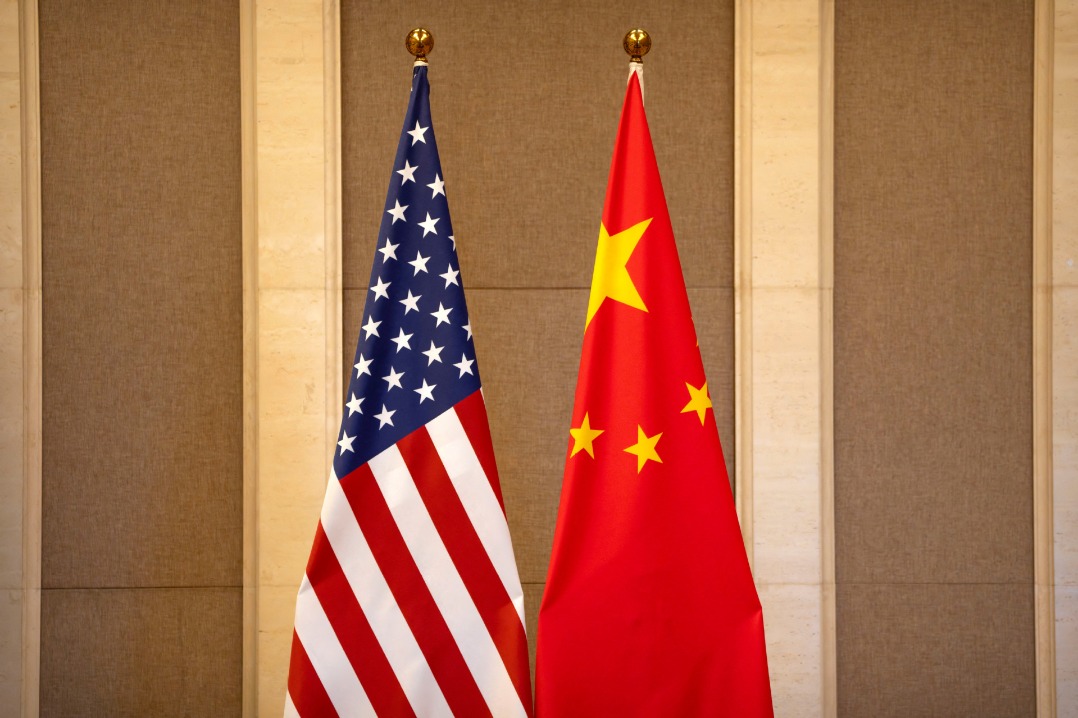Australia gains chance to lift China relations

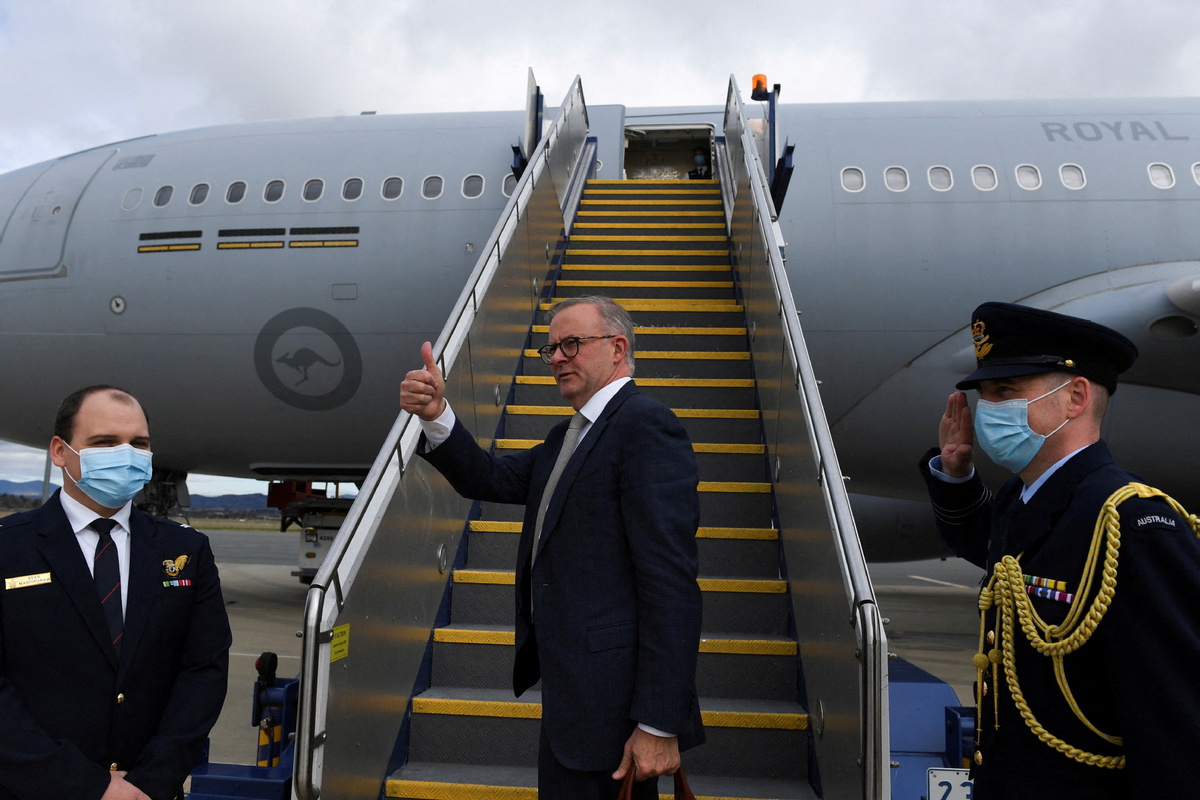
With poll delivering new PM, hopes rise for constructive engagement
Australia has an opportunity to improve relations with China following the Labor Party's victory in a national election on Saturday, ending nine years of rule by a conservative coalition, say analysts, though doubt persists.
Many say a new government in Canberra headed by Prime Minister Anthony Albanese is expected to see an improved trajectory in the relationship.
But whether it will herald a reset in relations is hard to say, as the world, not only Australia and China, has changed, observers say.
Analysts say Chinese Premier Li Keqiang's message to Albanese on Monday should be seen as the first step in rebuilding relations.
Li said China was "ready to work with the Australian side to review the past, face the future, uphold principles of mutual respect, mutual benefit", the Australian Broadcasting Corporation reported on Tuesday.
Relations between Canberra and Beijing deteriorated under the prime ministership of Scott Morrison, whose Liberal-National Party Coalition lost the federal election at the weekend. But with a Labor government in power, efforts to improve relations meet the expectations of many voters.
Jane Golley, of the Crawford School of Public Policy at the Australian National University in Canberra, said: "I don't think we will see a complete reset or a return to the 'true friend' (of China) that former Australian prime ministers once called us … But there is scope now for a change in tone on both sides, evident in Premier Li Keqiang's letter of congratulations to Prime Minister Albanese."
'Positive diplomacy'
"Labor has stood firm on the importance of positive diplomacy, and less on the megaphone diplomacy we have seen in recent years," Golley said.
James Laurenceson, director of the Australia-China Relations Institute at the University of Technology Sydney, agrees.
"I doubt we will see a return to the world we knew in 2014-15. A lot has changed since then. We (Australia) have changed, and China has changed also," he said.
In 2014, President Xi Jinping visited Australia, where he received a standing ovation in the nation's Parliament before delivering a speech titled "Pursuing Chinese and Australian development dreams hand in hand and achieving regional prosperity and stability shoulder to shoulder". The visit also saw the signing of a historic free-trade agreement that came into force on Dec 20, 2015.
Senator Penny Wong, as the new foreign minister, will be a major boost to "our standing and credibility, not only with China but in the region", Laurenceson said.
"She has said she values the insights from our various Asian neighbors and not just the United Kingdom and the US. Which must be a good thing for Australia and the way it is perceived in the region."
The Morrison government's Cold War rhetoric in recent years also had a negative impact on Chinese Australians and was reflected in the election results, especially in those electorates in Melbourne and Sydney with high concentrations of Chinese-Australian voters. They voted for parties other than Morrison's Liberal Party.
Laurenceson said Canberra's relationship with Beijing hit "rock bottom" in March following the crash of a Chinese passenger aircraft that killed 132 people. "We (state leader) said nothing," he said.
This is in contrast to the leaders of the United Kingdom, Canada and India, he added. Leaders of the countries mentioned above all sent messages of condolences over the air crash.
In a recent Australian poll by the Australia-China Relations Institute, 78 percent of respondents agreed that the "responsibility for improving the relationship between Australia and China lies with both countries".
Mark McGowan, the Labor premier of resource-rich Western Australia, said on Monday that he hoped the new government in Canberra will "repair the damage" in the relationship with Beijing.
















